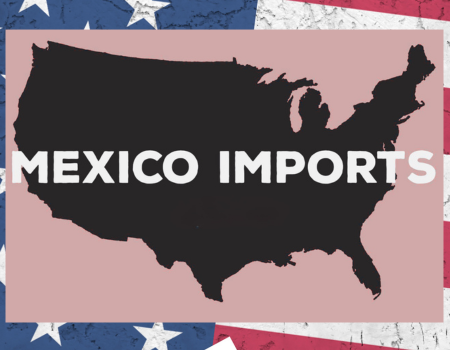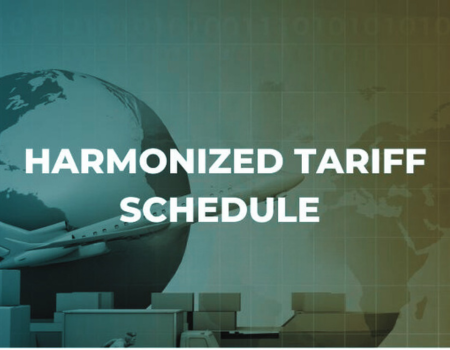Prior Disclosure is a "safe harbor" by which importers and drawback filers may report to Customs errors in classification or valuation and other incorrect information associated with the filing of import or drawback entry. When properly prepared and timely filed, a prior disclosure protects the importer or drawback filer and can significantly reduce the number of penalties that would have been imposed had Customs initiated an administrative penalty action. In addition, Customs is limited to collecting interest on the liquidated amount found owing in a case involving negligence or gross negligence.
To be valid, a prior disclosure must advise Customs of the circumstances of the violation, including:
- The nature of the errors or incorrect information submitted;
- The identity of the entries or period to which the Disclosure relates;
- Provide Customs with the correct information that should have been given.
Timing is often critical in prior disclosure cases, as a prior disclosure is valid only if it is filed before Customs initiates a formal investigation of the wrongdoing or the disclosing party files the prior Disclosure before knowledge of the initiation of the formal investigation. While a properly prepared prior disclosure can shield an importer or drawback filer from significant penalties, an improperly prepared disclosure will result in the loss of that protection while notifying Customs of the problem's existence.






